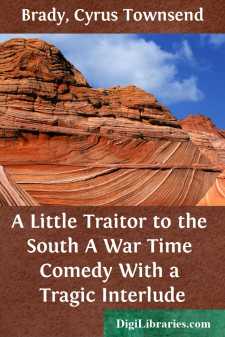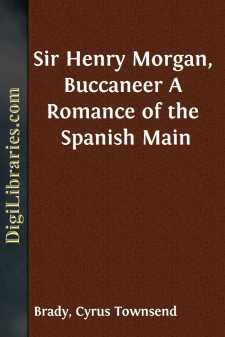Categories
- Antiques & Collectibles 13
- Architecture 36
- Art 48
- Bibles 22
- Biography & Autobiography 813
- Body, Mind & Spirit 142
- Business & Economics 28
- Children's Books 15
- Children's Fiction 12
- Computers 4
- Cooking 94
- Crafts & Hobbies 4
- Drama 346
- Education 46
- Family & Relationships 57
- Fiction 11829
- Games 19
- Gardening 17
- Health & Fitness 34
- History 1377
- House & Home 1
- Humor 147
- Juvenile Fiction 1873
- Juvenile Nonfiction 202
- Language Arts & Disciplines 88
- Law 16
- Literary Collections 686
- Literary Criticism 179
- Mathematics 13
- Medical 41
- Music 40
- Nature 179
- Non-Classifiable 1768
- Performing Arts 7
- Periodicals 1453
- Philosophy 64
- Photography 2
- Poetry 896
- Political Science 203
- Psychology 42
- Reference 154
- Religion 513
- Science 126
- Self-Help 84
- Social Science 81
- Sports & Recreation 34
- Study Aids 3
- Technology & Engineering 59
- Transportation 23
- Travel 463
- True Crime 29
The Eagle of the Empire A Story of Waterloo
Categories:
Description:
Excerpt
PREFACE
The Battle of Waterloo, which was fought just one hundred years ago and with which the story in this book ends, is popularly regarded as one of the decisive battles of the world, particularly with reference to the career of the greatest of all Captains. Personally some study has led me to believe that Bautzen was really the decisive battle of the Napoleonic wars. If the Emperor had there won the overwhelming victory to which his combinations and the fortunes of war entitled him he would still have retained his Empire. Whether he would have been satisfied or not is another question; and anyway as I am practically alone among students and critics in my opinions about Bautzen they can be dismissed. And that he lost that battle was his own fault anyway!
However Napoleon's genius cannot be denied any more than his failure. In this book I have sought to show him at his best and also almost at his worst. For sheer brilliance, military and mental, the campaigning in France in 1814 could not be surpassed. He is there with his raw recruits, his beardless boys, his old guard, his tactical and strategical ability, his furious energy, his headlong celerity and his marvelous power of inspiration; just as he was in Italy when he revolutionized the art of war and electrified the world. Many of these qualities are in evidence in the days before Waterloo, but during the actual battle upon which his fate and the fate of the world turned, the tired, broken, ill man is drowsily nodding before a farmhouse by the road, while Ney, whose superb and headlong courage was not accompanied by any corresponding military ability, wrecks the last grand army.
And there is no more dramatic an incident in all history, I believe, than Napoleon's advance on the Fifth-of-the-line drawn up on the Grenoble Road on the return from Elba.
Nor do the Roman Eagles themselves seem to have made such romantic appeal or to have won such undying devotion as the Eagles of the Empire.
This story was written just before the outbreak of the present European war and is published while it is in full course. Modern commanders wield forces beside which even the great Army of the Nations that invaded Russia is scarcely more than a detachment, and battles last for days, weeks, even months—Waterloo was decided in an afternoon!—yet war is the same. If there be any difference it simply grows more horrible. The old principles, however, are unchanged, and over the fields upon which Napoleon marched and fought, armies are marching and fighting in practically the same way to-day. And great Captains are still studying Frederick, Wellington and Bonaparte as they have ever done.
The author modestly hopes that this book may not only entertain by the love story, the tragic yet happily ended romance within its pages—for there is romance here aside from the great Captain and his exploits—but that in a small way it may serve to set forth not so much the brilliance and splendor and glory of war as the horror of it....








